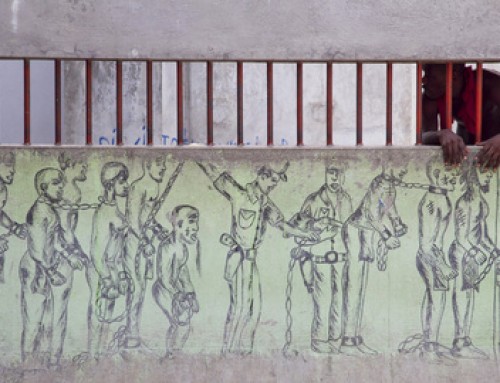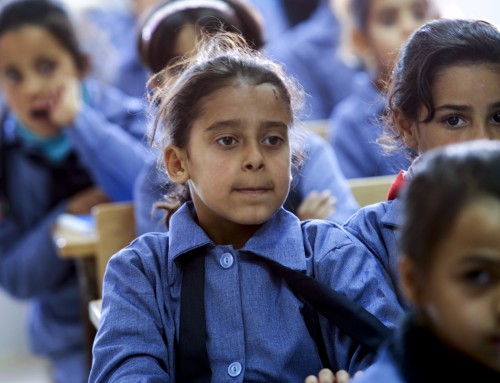Project Description
At the 2012 High Level Meeting of the General Assembly on the Rule of Law, Finland made a national voluntary pledge to ratify the Council of Europe Convention on preventing and combating violence against women and domestic violence (hereafter Istanbul Convention). The ratification was concluded and the Convention entered into force in August 2015 in respect of Finland. After this milestone was reached, the Government of Finland has engaged in several actions to implement the Istanbul Convention.
The Government’s five-year multi-sectoral Action Plan to prevent violence against women reached the end of its mandate period in 2015. The Action Plan included altogether 66 measures, some of which were carried out without separate funding. An external evaluation of the Action Plan was conducted and it demonstrated tangible results. The implementation of the Action Plan initiated many concrete measures that are also required by the Istanbul Convention. A more thorough evaluation of the Action Plan’s implementation is under way.
Finland is establishing an effective mechanism at the Governmental level to coordinate national activities to combat all forms of violence against women in accordance with Article 10 of the Istanbul Convention. The coordination mechanism will be established in connection with the Ministry of Social Affairs and Health and will be composed of representatives of various Government Ministries, as well as representatives of several Governmental and State Agencies. It will also cooperate with non-governmental organisations. The coordination mechanism will draft an action plan for a term of four years, including plans on detailed cross-ministerial monitoring.
A special Chapter of the Finnish Penal Code covers sexual offences and it has been renewed during the past 12 years more thoroughly and often than any other Chapter in the Penal Code.
Comprehensive advice and support services for victims of sexual violence and abuse have been provided from the year 2000 onwards via internet, including personal advice, factual information and the possibility of participating in discussion groups. During 2015, over 40 non-governmental organisations and associations provided extensive online services for victims with over half a million users annually. The maintenance costs for the online services are covered from official sources.
In 2016 free of charge support and guidance given by non-governmental organisations to women and girls having faced rape/sexual violence and/or exploitation were further widened and extended. These services have been available also anonymously and include personal advice, support and counselling, factual information and service directory on support services.
National guidelines for helping victims of sexual violence is due to be published in 2016/2017 and district hospitals will be given advice on creating a local treatment chain for helping victims of rape and other forms of sexual abuse. The treatment chain is aimed at creating a seamless continuum of a rape victim’s treatment, as well as generating more consistent and uniform nationwide services. Furthermore, the legal status of the victim is improved by ensuring the victim’s access to legal aid. A rape crisis center is planned to be piloted in one of the district hospitals.
According to the Act on State Compensation to Producers of Shelter Services the responsibility for financing the services provided in the shelters for victims of violence against women as well as domestic violence lies with the State. The purpose of the law is to guarantee qualitative and comprehensive shelter services all over the country. The legislation also sets certain requirements for the competence of the shelter personnel. The shelter services include high quality immediate assistance in crises situations, 24/7 living and psycho-social support, counselling and guidance for all victims regardless of residence and free of charge. In 2016, a total of 11,3 million euros is allocated to 19 shelters that can accommodate 118 families altogether. The shelters include places for the Swedish-speaking minority, as well as migrant women and children. The majority of the shelters are also accessible for persons with disabilities.
Currently, a nationwide free of charge 24/7 helpline service to all victims of violence is being finalized with the aim of having helpline services available and functioning in 2016/2017. The helpline service will be established to comply with the requirements of the Istanbul Convention.
Around 200 judges have been trained to deal with cases on violence against women and domestic violence.
The lessons learned indicate that, despite all actions aimed at combatting violence against women, this type of serious human rights abuses still occur in Finland. The main focus of prevention of violence is in awareness raising and education. Both general education starting at an early age as well as professional training are important in influencing attitudes and values. Financial and human resources should be maintained at an adequate level. Achieving sustainable results takes time and it is very important to also involve boys and men in all activities aimed at preventing and ending violence against women and domestic violence.





